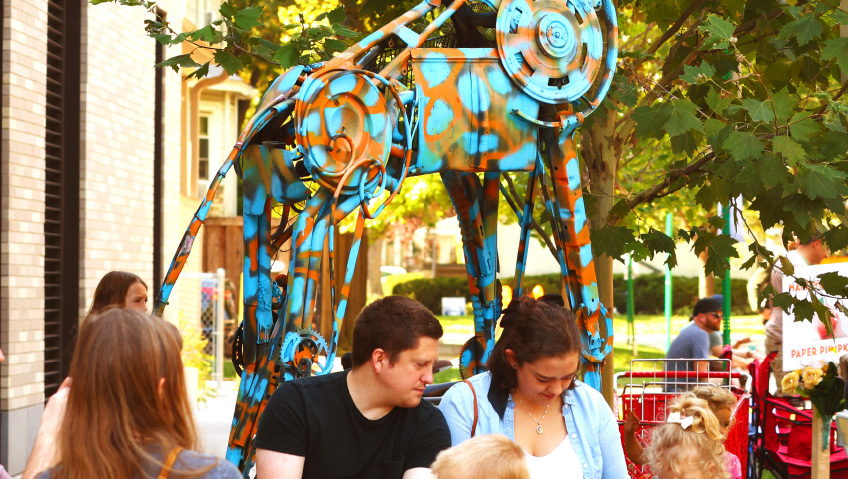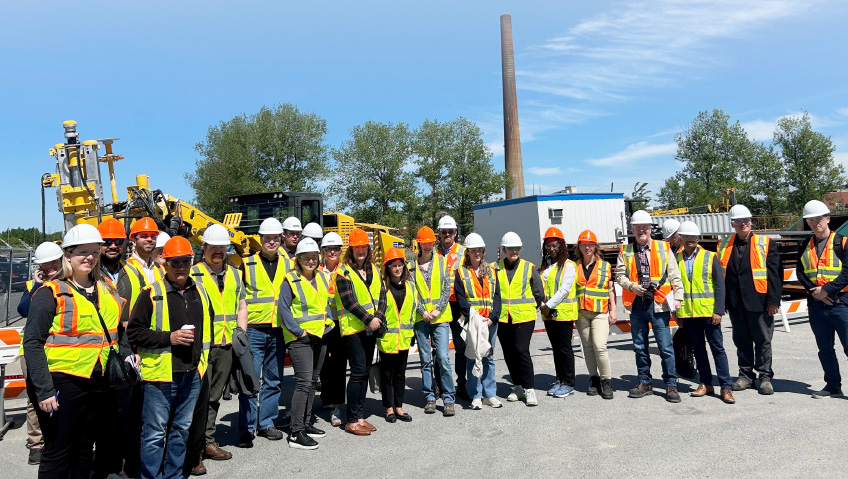Addiction is one of the most challenging battles a person can face, and no two journeys to recovery are the same. Recognizing this, All In Solutions has created a compassionate and individualized approach to treatment, providing a lifeline for those seeking freedom from substance dependency. Founded on the principle of meeting people where they are, this organization offers a rich variety of therapies and support systems designed to address each person’s unique needs, beliefs, and circumstances. Whether through innovative recovery programs, faith-based pathways, or creative outlets like art and yoga therapy, All In Solutions combines professional expertise with personal understanding to help individuals and families rebuild their lives.
What makes the services of All In Solutions so trusted by so many are the rich variations in the care provided at its facilities, where each approach is adapted to fully accommodate the uniqueness of each individual.
This includes a 12-step recovery system that differs from AA, faith-based recovery systems, and other services. It means that the All In Solutions team consists of experienced pastors and licensed clinical professionals. Nobody has to follow a system that does not align with their personal beliefs, making each treatment more practical and more successful.
Treatment disciplines include family therapy, art therapy, yoga therapy, and more, addressing a wide range of substance addictions. “Our goal at All In is to touch as many lives and help as many people as possible. That’s why we’ve grown into multiple states,” says Dennis Ryan, Chief Executive Officer. “People love it,” he adds, highlighting the quality of this program which provides individuals with tailored care to ensure their highest chances of success.
Network of support
Treatment is not limited to attempting recoverees. Spouses, partners, and other family members are also supported through counseling and guidance every step of the way. By providing knowledge and understanding to those closest to patients, All In Solutions creates an informed and empowered support network that people can draw on even after they leave.
As we know, alcohol is by no means the only culprit at the root of addiction. Cited in a recent article by the University of Nevada as “the most lethal drug epidemic in history,” fentanyl is another of many other substances contributing to what Ryan also confirms to be an epidemic of addiction in America.
Then there is the danger of purchasing recreational and “medical” drugs on the black market, where unregulated production and sale often come with far-reaching, life-threatening dangers of their own when fraudsters market one thing and sell another.
As a recoveree engaged in the battle of alcoholism daily, and having supported relatives through the process himself, Ryan understands the struggles of rehabilitation and the importance of sustainable care and genuine emotional support only too well. “When we have people in our care, we have a big task on our hands to build this foundation. We have to arm them with the tools they need to sustain their recovery after they leave our care,” he says.
Fear of rejection is often one of the biggest challenges people face when considering treatment. Compounding this struggle are social norms that encourage overindulgence, making it even harder to break free from destructive patterns. In some cases, an individual’s social circle may resist their efforts to change, creating a dynamic akin to the “crabs in a bucket” phenomenon—where those trying to escape are pulled back down, preventing progress and keeping them trapped.
Stepping out of such dynamics can be complex and hard to do without the guidance of professionals and the support of loved ones. And, depending on where one is in their struggle, this can be an overwhelming situation, especially when facing additional challenges such as low self-esteem, depression, anger, or hopelessness.
Fearful of a new life
“They think that they can never be happy again. As a sober individual myself, I thought those things,” Ryan says of his personal battle with self-acceptance and breaking into a new life. He notes how fearful he was in reinventing himself, making new friends, and engaging with life and social situations in more meaningful ways. “Today I can say that life is awesome. I’m truly blessed and truly grateful for the opportunity I’ve had.”
Naturally, his was not a solo journey and there were many supporters along his path. “Life is so much easier sober. I have so much less nonsense and chaos and so much more opportunity for happiness and a life that I’ll remember,” he says. “That’s a blessing in itself.”
On the subject of being prepared to get help, he is pragmatic. Finding common ground with someone who is entirely unwilling is important. By establishing a connection point of shared experience, one establishes trust. Acknowledging one’s own vulnerability in front of someone who needs help and is fearful of stepping forward to take another’s hand can bridge the seemingly endless quagmire of self-loathing and abuse, and safely bring them across into sobriety—the two keys here, of course, being patience and respect.
Of course, there are no guarantees. As Ryan says, even the obligatory period of detoxification can still leave some people craving more of what they are addicted to. Therefore, reaching rock bottom is a necessary milestone in the process for any real change to be effected. And, while nobody can achieve these breakthroughs under duress, providing support and information often does set the ball to recovery rolling.
Getting real about the dangers of addiction is paramount to initiating change, however. While many think that social alcoholism is harmless in comparison to fentanyl addiction, the anti-social behavior and even abuse that often stems from it are not.
Far-reaching impacts
Looking at the potential effects on children alone, a 2011 study by University College London (UCL) in the United Kingdom suggests that children who are exposed to violent behavior within the family or who suffer abuse display brain patterns identical to those of soldiers in combat situations. The outcomes are equally far-reaching, creating generational trauma, post-traumatic stress disorder (PTSD), and possible future addiction issues for such children due to compromised brain development.
Of course, the dangers of drinking and driving are also significant. “With drug addiction, it could be the next one that takes your life. Is the next time your last time? Alcohol might not seem as severe, but the next one might be the one that puts you behind bars,” Ryan says. “Living in prison is no way of living.” And that includes the prison of chaos and regret that can follow in the wake of a binge.
Founded by Luke Peck in 2013, All in Solutions is based on creating an atmosphere of familial comfort where people are surrounded by humans who know what it feels like to go the whole nine yards on a personal level. And, because its founders are also in recovery, they form benevolent mainstays that this life-changing outfit depends on.
Sharing people’s journeys, from leaving chaos behind to changing their lives and growing into bright new futures that would otherwise not have been possible, this team has seen it all. And, while the going can be tough, this is their true calling—to help and support people imprisoned by addiction to find genuine freedom. Dennis Ryan’s appreciation of the company’s partner and Chief Operating Officer is profound. “Without Michael Maddaloni, we wouldn’t be where we are today.”
With a firm focus on continuously expanding its capabilities, quality, and reach, All in Solutions is striving to help Americans thrive by supporting growing numbers of families and individuals in enhancing behavioral health in a growing number of locations. To this end, it is also in the process of acquiring Commission on Accreditation of Rehabilitation Facilities (CARF) status. Dennis Ryan’s message is simple, heartfelt, and authentic: “Our team truly, truly cares.”






